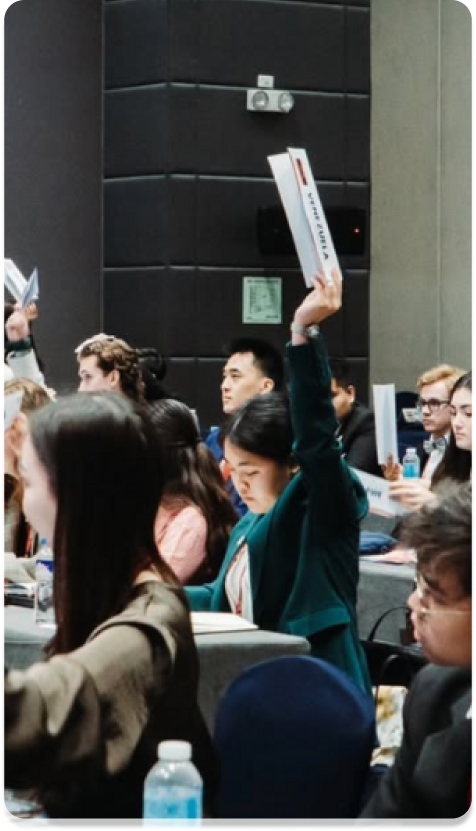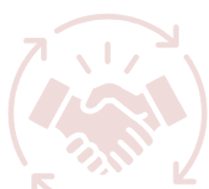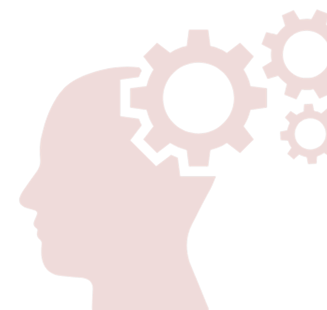About the Conference
Harvard World Model United Nations Indonesia is a premier International Relations simulation designed to inspire and empower university students to become global leaders.

This program offers a unique blend of high-level debate, cultural immersion, and social engagement, creating an environment where diverse perspectives are not only heard - but celebrated. Through thought-provoking discussions, diplomatic collaboration, and hands-on experiences, participants explore real-world global issues and sharpen their skills in negotiation, public speaking, and leadership.
Recognized for its academic rigor and vibrant international community, World Model United Nations is more than just a Model UN - it’s a life-changing experience that fosters empathy, understanding, and a commitment to global cooperation.
Through lively and informed debate, exciting social events, and a unique conference spirit, the World Model United Nations experience reaches across cultures and borders to inspire both cooperation and friendship.
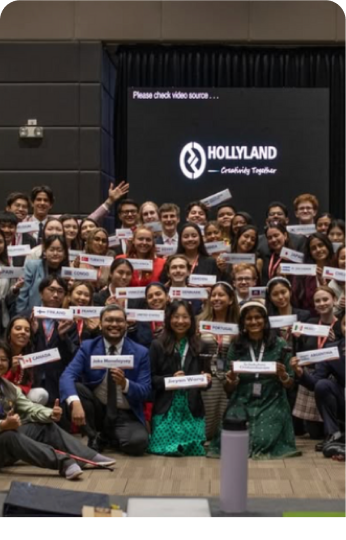
Substantive Excellence
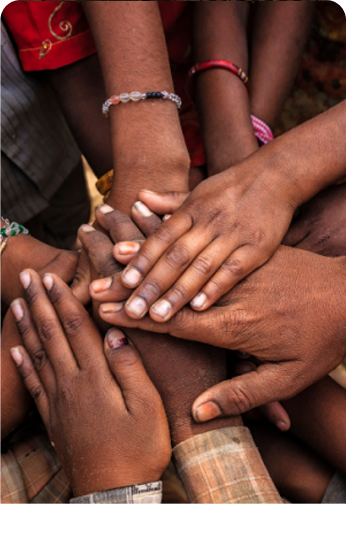
Cultural Connection
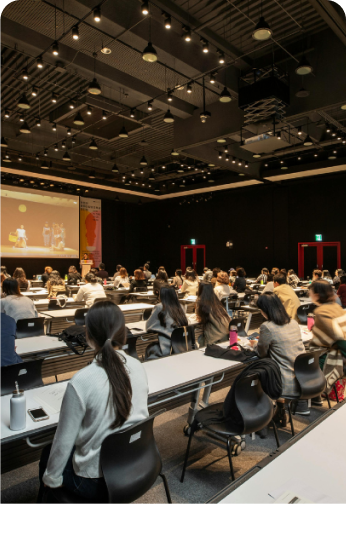
Delegate Experience
